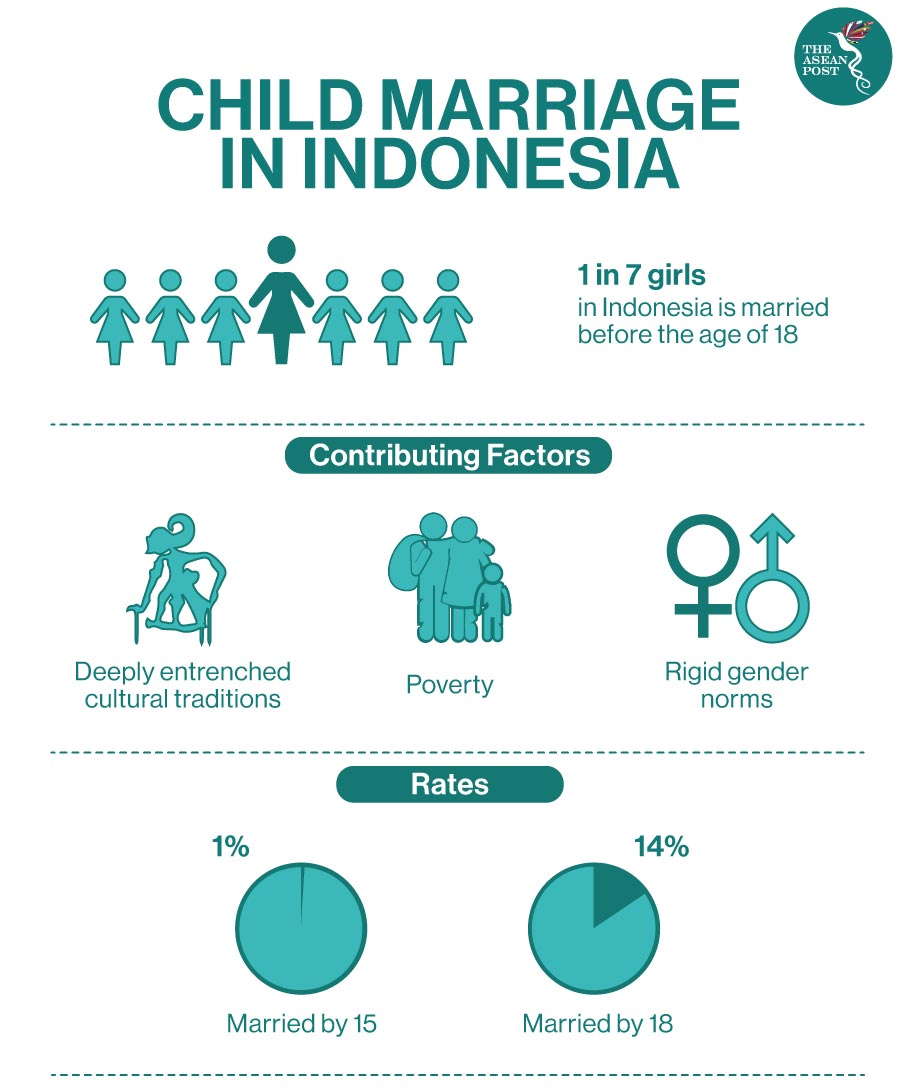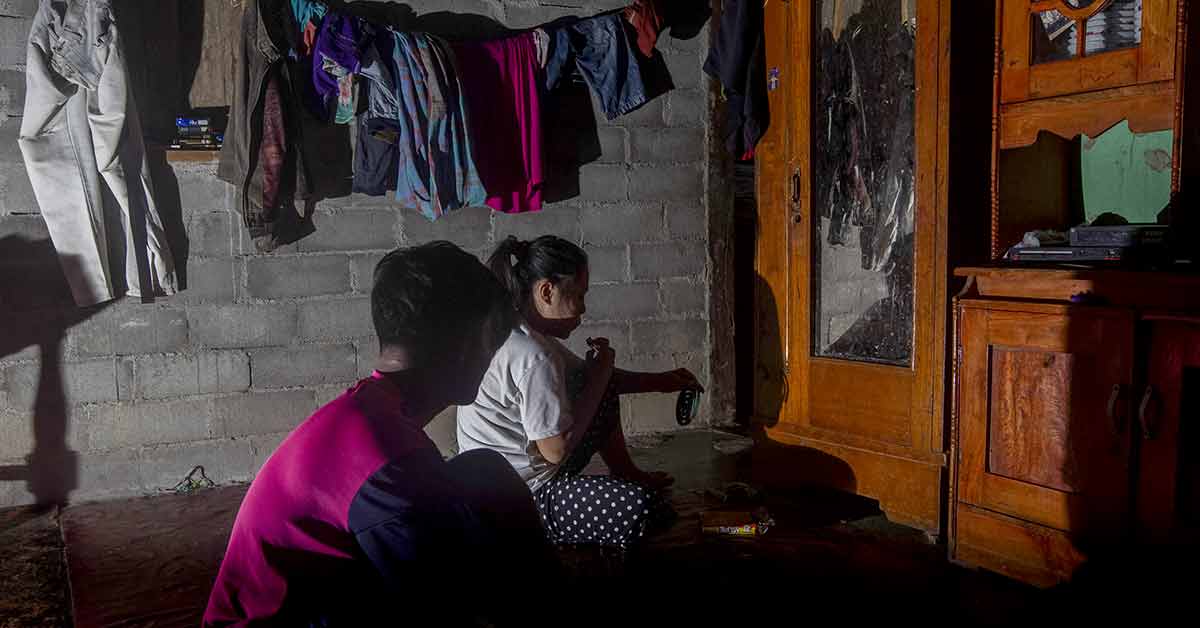Following years of pressure from advocacy groups, Indonesia's Parliament revised its national laws last year to increase the legal age a girl can marry. The amendment to the Marriage Act raised the age of marriage for girls to 19 years old which is in line with the legal age for boys, with parental permission, while the legal age for men and women to marry without parental consent is 21. Previously, the legal age of marriage for girls with parental permission was 16 years old.
This is certainly a welcomed move from the Indonesian Parliament. The government has even set a target to reduce the ratio of child brides to 8.7 percent of all marriages by 2023, from the current 11.2 percent.
However, some reports have pointed out that this is still not sufficient. An Indonesian women's rights activist who lobbied for the changes, Naila Zakiah, was quoted as saying that while the new laws are a step in the right direction, they are not enough to stamp out systemic national issues.
It is important to note that while the previous legal age for girls to get married was 16, reports had surfaced that girls as young as 14 were getting married in the Southeast Asian country.
Child marriage has long been practised as part of the local tradition in communities in Southeast Asian countries such as Indonesia. In fact, according to the United Nations Children's Fund (UNICEF), the archipelagic nation has the eighth highest absolute number of child brides in the world.
Save the Children, a United Kingdom (UK)-based organisation, notes that 14 percent of girls in Indonesia are married before the age of 18.

Now, with the coronavirus pandemic which has severely affected livelihoods, girls from poor families burdened by the added economic shocks could be at risk of child marriage.
World Vision, an international children’s charity stated that four million girls are at risk of child marriage in the next two years as a result of COVID-19.
"When you have any crisis like a conflict, disaster or pandemic – rates of child marriage go up," said Erica Hall, World Vision’s child marriage expert.
A study conducted by Padjadjaran University in Bandung, Indonesia also revealed that there has been an increase in underage marriages this year, to about 5,000 as of September 2020.
Poverty
There are many factors according to UNICEF which places a child at risk of marriage. These include poverty and the perception that marriage will provide protection.
In order to understand how poverty becomes a factor, it would be good to take a look at another ASEAN country, Thailand.
According to the Borgen Project, a United States (US)-based non-profit organisation, arranged marriages are prevalent in Thailand where a man from a wealthy family is often chosen because the dowry system is still utilised in the country. The wealthy man will give the bride’s parents money in exchange for her hand in marriage.
“This happens in poor communities in Thailand very often, taking away the possibility for the impoverished girl to receive future education, among other things,” stated the Borgen Project.
But poverty could also be linked to providing protection. In this case, the child’s parents may feel that the would-be husband is better able to take care of their child than they themselves could.
The United Nations (UN) predicts that the coronavirus crisis could push a further 34 million people into extreme poverty by the end of this year and an additional 130 million more by 2030.
“There is rampant unemployment, job loss,” said activist Rolee Singh in reference to the pandemic. “Families are barely able to make ends meet, so they think it's best to get their young daughters married off,” continued Singh who runs India's ‘1 Step 2 Stop Child Marriage’ campaign.
Child bride Rasminah, from a village in West Java, said she was first forced to marry after graduating from primary school at just 13 for "economic reasons" – after her father had become disabled, and her mother had to take care of her three siblings.
"I still remember my mother said to me that I was no longer in primary school now and I should just get married, so someone can make sure I'm fed and bring rice to the table," she was quoted as saying.
Child marriage is a problem prevalent throughout several ASEAN countries, Indonesia being just one of them. Parents should not be given the power to ultimately decide whether their children are to be married.
At the same time, it would be unfair to judge parents who marry off their children as those looking to earn a quick buck or finding an easy way out. The level of poverty faced by desperate parents who are forced to marry off their children is one that many of us are unable to fathom. In the end, a large part of the problem is still very much rooted in poverty.
Related Articles:
